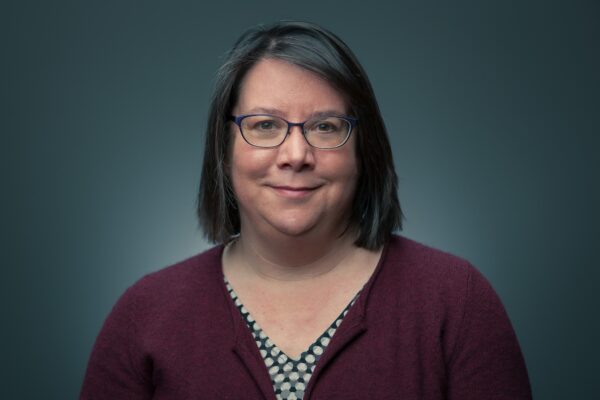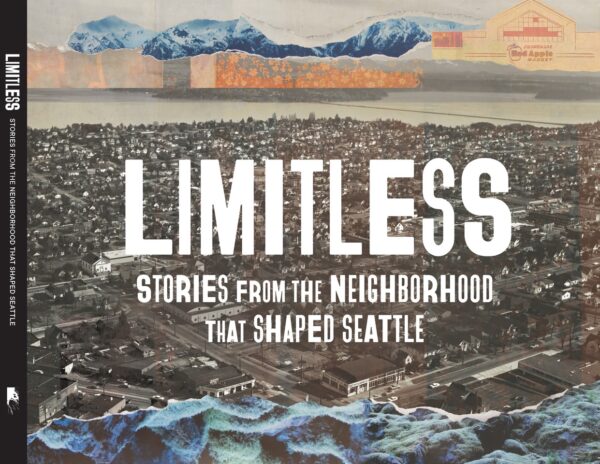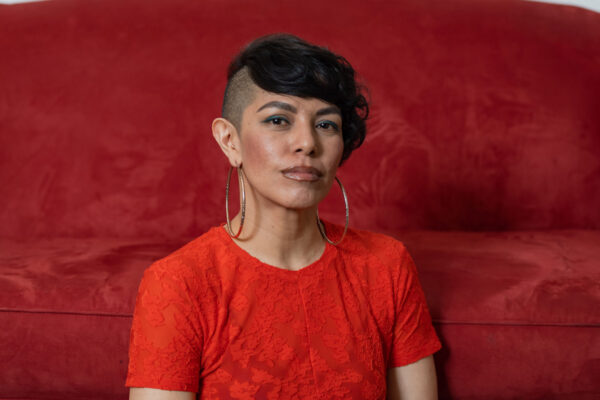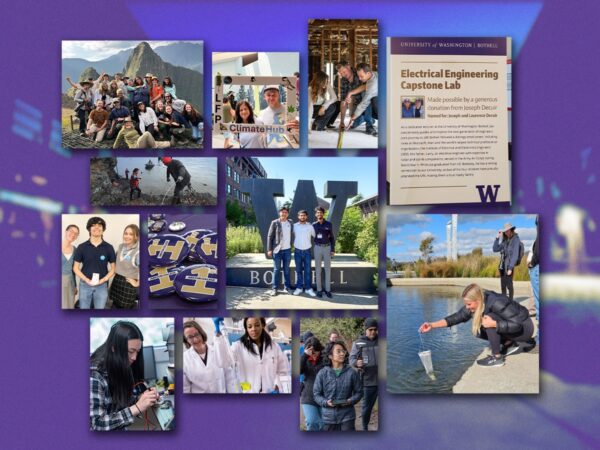Step into any Discovery Hall physics classroom at the University of Washington Bothell, and you’ll instantly sense: This isn’t your parents’ science class.
“Physics is taught differently across the country now,” said Dr. Rachel Scherr, associate professor in the School of STEM. “It’s more interactive, more engaged and with specific teaching strategies for a wide range of students.”
But, said the long-time physics education researcher, the lab component has lagged as nationwide most physics labs merely assign students to confirm what they’ve read in their textbooks.
Now, with a $1 million National Science Foundation grant, Scherr is setting out to redesign physics labs for the modern era. “It’s a dream project,” she said.
Set up for experimentation
Instead of proving things they’ve already learned in class, Scherr envisions labs in which students will answer open-ended questions to which they don’t know the answers.
“That’s what makes it science,” she said.
For example, a physics lab instructor might ask students to pick an object — a basketball, a baseball or a ping pong ball — and then answer: Is air resistance significant for this object? To find out, students must conduct authentic physics experiments. As they throw the balls up and down, they would measure to determine whether air resistance is affecting the motion of the object.
“That’s not an answer you can look up in a textbook,” said Scherr. “It depends on your equipment.”
Work on the lab redesign project gets underway this month when Scherr meets with her grant co-recipients from Cornell University and the Alder Science Education Association. Together, they will begin planning the Introductory Physics Lab Institute, which will bring together community and resources to create more effective, experimentation-focused labs across the country.
We’re building and supporting an expansive community of passionate lab instructors.
Dr. Rachel Scherr, associate professor, School of STEM
Better physics labs and resources
The professional development component is crucial, noted Scherr: “We’re building and supporting an expansive community of passionate lab instructors.”
In fall 2026, she and her colleagues will lead a dozen instructors through a three-day lab design kickoff — a highly collaborative, interactive workshop to help participants revamp their teaching methods. The first annual event will take place on the Cornell University campus, with the location alternating between UW Bothell and Cornell in subsequent years. Noted Scheer:It’s very difficult to do this kind of lab remotely.
“Participants will not only be faculty,” she said, pointing out that staff design and implement physics labs at some universities. “In the Institute, staff and faculty will work together as equal, collaborative partners.”
After participating in the kickoff, lab instructors will then form collaborative teams and participate in 12 weeks of individualized coaching, supported by hand-picked mentors.
All the materials the teams develop will be shared in a “gorgeous online resource that they can use to access each other’s stuff and comment on it,” said Scherr. And as the online portal develops, non-attendees will eventually benefit from it.
New era for physics education
Lab instructors have been calling for this kind of education and support for years, said Scherr, as they are well aware of what the research shows — that physics labs focused on developing experimentation skills improve students’ critical thinking skills and experimentation views compared to labs that simply reinforce lecture concepts.
Scherr anticipates that the Introductory Physics Lab Institute will impact 10% of the introductory physics students in the country, or some 45,000 students.
“This brings us into a different era,” she said. “Not just the theory part of class but also the experimental part of class is being made more scientific and effective for the learners.”



